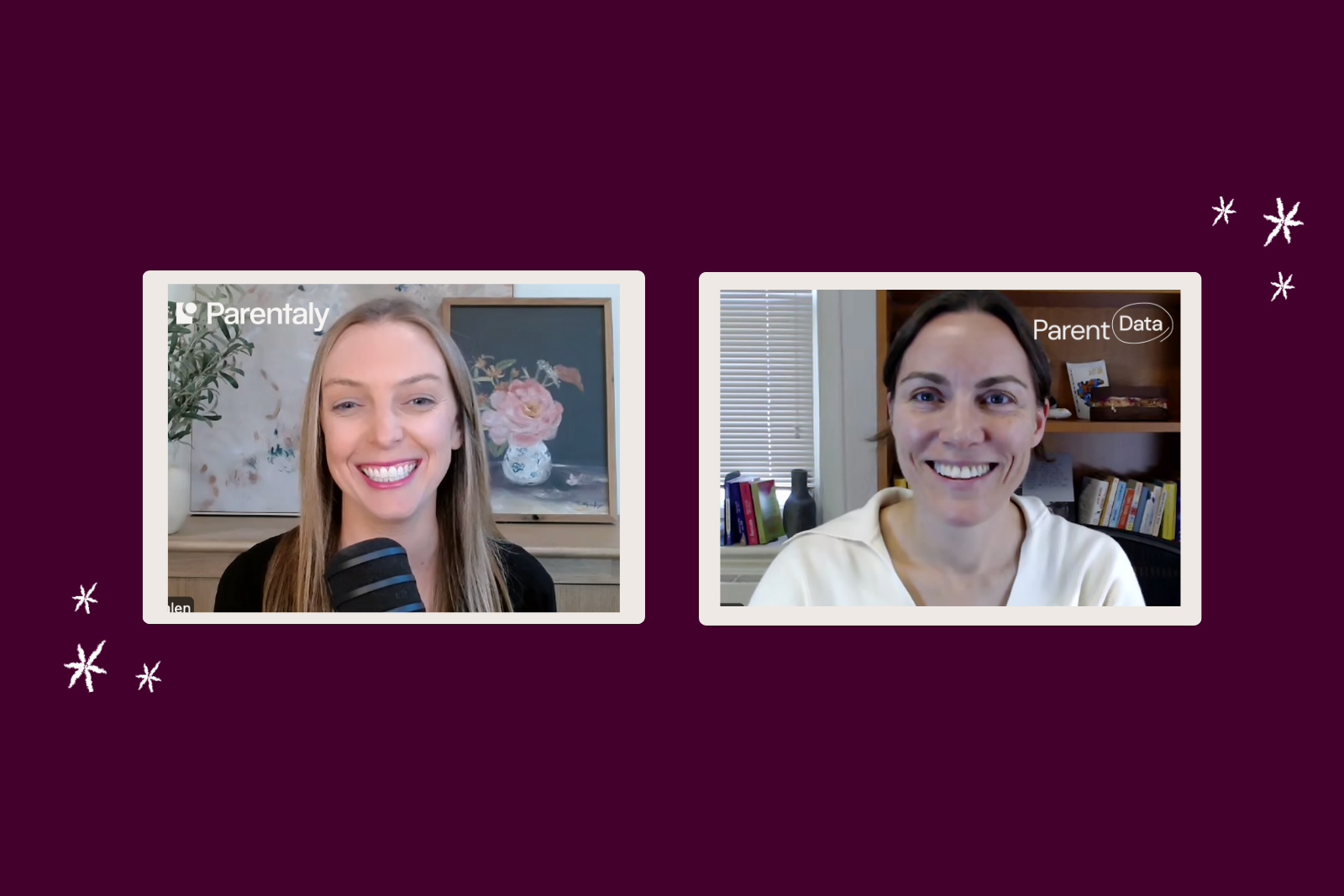There were no “family-friendly” companies decades ago
More workplaces today grasp the concept of showing up as your authentic self. And if they don’t prioritize work-life balance, Joann says professional women today feel more empowered to find a company that does.
For their mothers’ generation, this wasn’t even a possibility:
“Because the workplace landscape had changed, the younger wave of women had an opportunity to move around…For Boomer moms, you had the choice of working for a workplace that wasn't family-friendly or working for another workplace that wasn’t family-friendly, unless you chose to start your own business.”
Joann said that some of the first-wave women did venture off on their own – not just because they had a good idea, but because they wanted to work on their own terms.
Mentors—if they existed at all—were mostly male back then
They say raising kids takes a village. Navigating your career as a mother does as well.
While mentors were mostly male for Boomers, to a greater degree, the younger wave of professional women understood the importance of finding sponsors and mentors:
“Women had gotten into positions of power where they could not only tell these younger-wave women what had worked and not worked for them as a mentor, but they could be their outspoken advocate, which is what a sponsor does,” Joann said.
This could include a sponsor calling out special projects for their mentee or advocating that a mother working remotely deserves more recognition.
It’s time to ditch working mother guilt
One of the executives Joann interviewed shared 10 hacks for ending the brutal cycle of mom guilt so many of us can’t let go. One of the more powerful pieces of advice - and Joann’s own life philosophy - is to take a glass-half-full view.
She shared the example of instead of beating yourself up because your family finally sat down to eat dinner at 630pm, be proud that you’re all eating together on a busy weeknight.
“Give yourself a pat on the back,” Joann said. “Isn’t it great? I’m having dinner on a weeknight with my family, the people who I care about the most in this world. And that’s looking at life as a working mom as the glass half-full.”
Heading 1
Heading 2
Heading 3
Heading 4
Heading 5
Heading 6
Lorem ipsum dolor sit amet, consectetur adipiscing elit, sed do eiusmod tempor incididunt ut labore et dolore magna aliqua. Ut enim ad minim veniam, quis nostrud exercitation ullamco laboris nisi ut aliquip ex ea commodo consequat. Duis aute irure dolor in reprehenderit in voluptate velit esse cillum dolore eu fugiat nulla pariatur.
Block quote
Ordered list
- Item 1
- Item 2
- Item 3
Unordered list
Text link
Bold text
Emphasis
Superscript
Subscript
























